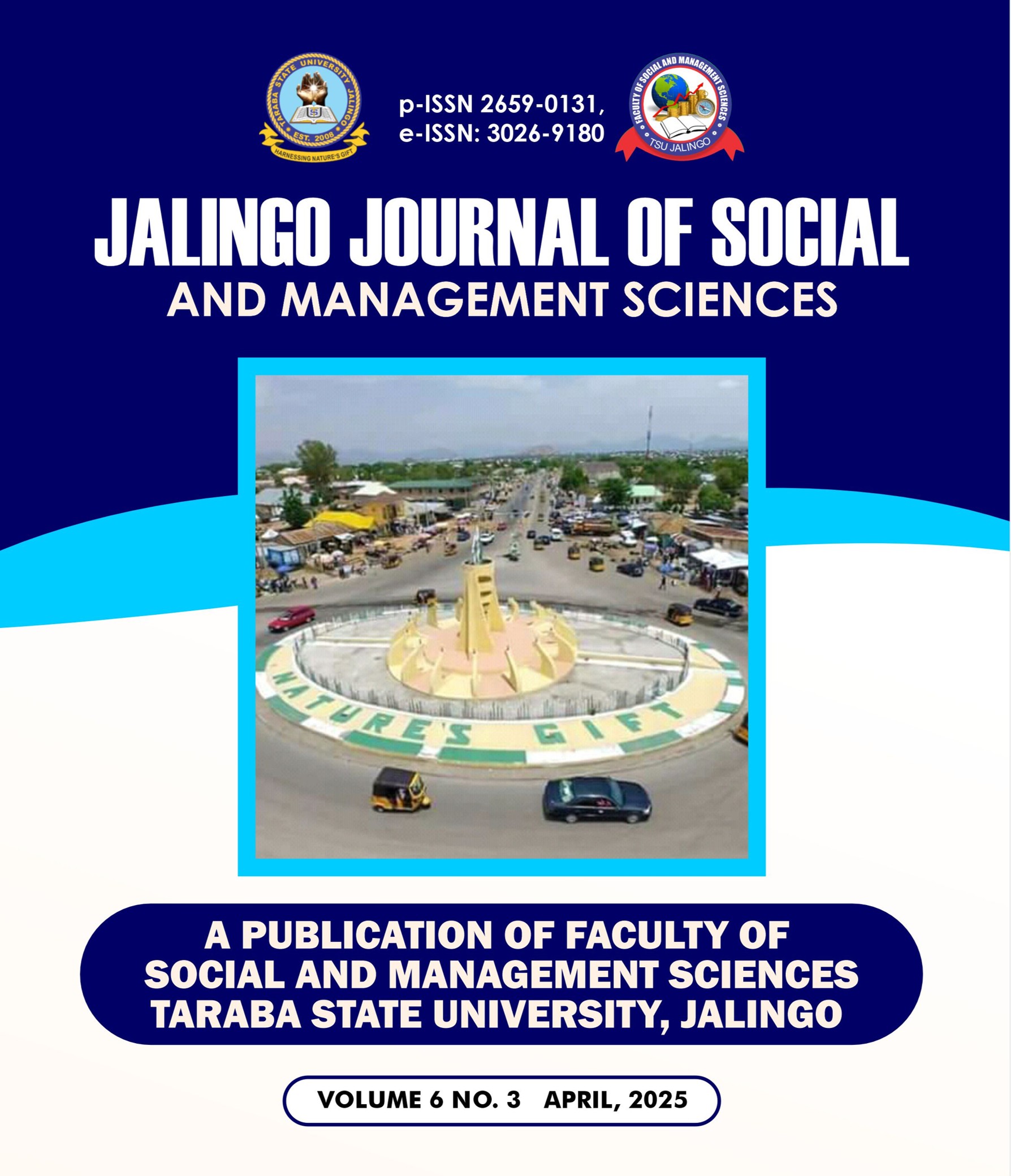Sit-at-home Order by the Indigenous People of Biafra (IPOB) and Socio-economic Development in Southeast Nigeria
Keywords:
Biafra, Economic Development, IPOB, Sit-at-Home, SoutheastAbstract
The resurgence of self-determination agitation spearheaded by the Indigenous People of Biafra (IPOB) in Southeastern Nigeria has precipitated profound socio-political and economic consequences. Employing aggressive tactics, IPOB's actions have raised critical concerns about regional stability, food security, and the protection of human rights. The study therefore, questions how the enforcement of sit-at-home by the Indigenous People of Biafra has affected food security in Southeast Nigeria, and how the conflicts between IPOB and the Nigerian military resulted in the significant loss of life and property in the Southeast. Adopting a trend research design and secondary data collection within the framework of conflict theory, the study sheds light on the disruptive socio-economic activities in Southeastern Nigeria. In conclusion, the activities of IPOB and the Eastern Security Network have significantly disrupted the socio-economic fabric of Southeastern Nigeria. The persistent enforcement of sit-at-home orders has resulted in disorderliness, violence, and substantial loss of life and property, hindering economic growth and exacerbating food insecurity. Moreover, the separatist agitations challenge the nation's unity, underscoring the imperative need for a comprehensive Security Sector Reform (SSR) in Nigeria. The study recommends prioritizing sustained dialogue between the Nigerian government and IPOB, implementing SSR to enhance security and restore stability, and fostering equitable governance and resource allocation.

Downloads
Published
Issue
Section
License
Copyright (c) 2025 JALINGO JOURNAL OF SOCIAL AND MANAGEMENT SCIENCES

This work is licensed under a Creative Commons Attribution-NonCommercial 4.0 International License.
